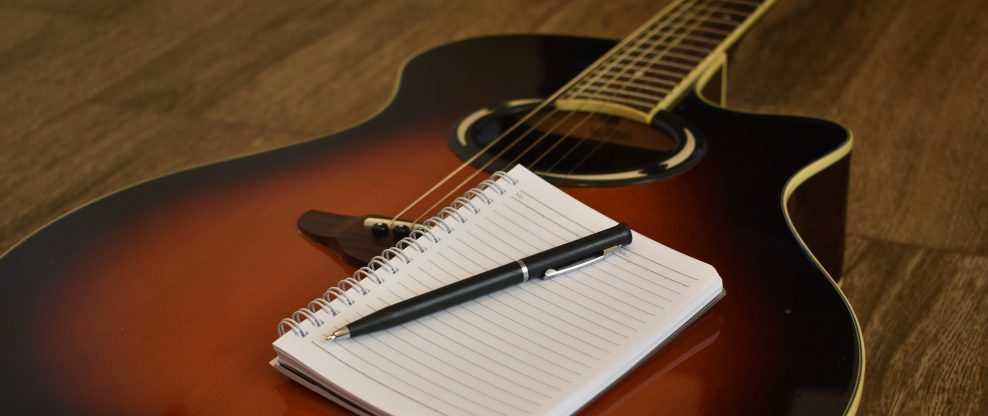(Hypebot) — Are you eligible to collect Publishing Royalties? This guide shares the simple steps to check your eligibility and collect your well-deserved earnings.
by Randi Zimmerman of Symphonic Blog
Whether or not you’re eligible to collect publishing royalties is an important topic many artists overlook until it’s too late. Not collecting these royalties can have a major effect on not only your revenue, but also your professional growth and credibility as an artist. In this post, we’ll give you everything you need to know about who is and isn’t eligible to collect publishing royalties and why it’s crucial to know.
Here’s the rundown…
Publishing royalties are earned whenever a song is played on the radio, streamed online, performed live, used in a TV show, movie, commercial, or sold as a physical or digital copy. These ensure that the proper creators are compensated for their work and creative contributions, and are typically collected and distributed by Collective Management Organizations (CMOs) such as performing rights organizations (PROs) like ASCAP, BMI, SESAC, or mechanical collectives such as the Mechanical Licensing Collective (MLC).
Publishing royalties are primarily reserved for the songwriters and their publishers who have legal ownership of the composition. Not being eligible to collect publishing royalties affects your income, getting proper recognition for your work, control over how your work is used, investment opportunities and more.
That’s why it’s so important to understand whether or not you are eligible to collect these royalties or not, ensuring the right person gets credit, rights, and proper payment for their efforts.
Who is not eligible to collect publishing royalties?
- Session Musicians and Producers // Unless they have a co-writing credit, session musicians and producers who perform or contribute to the recording of a song do not earn publishing royalties. Their compensation typically comes in the form of upfront fees or producer points (a percentage of revenue from the recording), but not from publishing royalties.
- Performers of Cover Songs // Artists who perform and record cover versions of existing songs do not receive publishing royalties from those recordings. The original songwriters and publishers retain the rights to the publishing royalties, while the cover artist may earn royalties from their specific recording.
- Labels and Distributors // Record labels and music distributors, while they may earn royalties from sales, streaming, and other revenue streams related to recordings, do not collect publishing royalties unless they have a specific publishing arm or agreements that include songwriting credits.
- Non-Writing Band Members // In a band, only the members who contribute to the songwriting process are eligible to collect publishing royalties. Band members who do not have a hand in writing the songs will not receive a share of the publishing income.
- Music Supervisors and Managers // While these professionals play crucial roles in the promotion and placement of music, they do not collect publishing royalties unless they have specific agreements that include songwriting or publishing shares.
To wrap things up…
Please keep in mind that publishing royalties are generated by the use of the underlying musical composition, not the sound recording. Unless someone contributed or purchased the rights to the composition, then they do not have the right to collect publishing royalties.





























